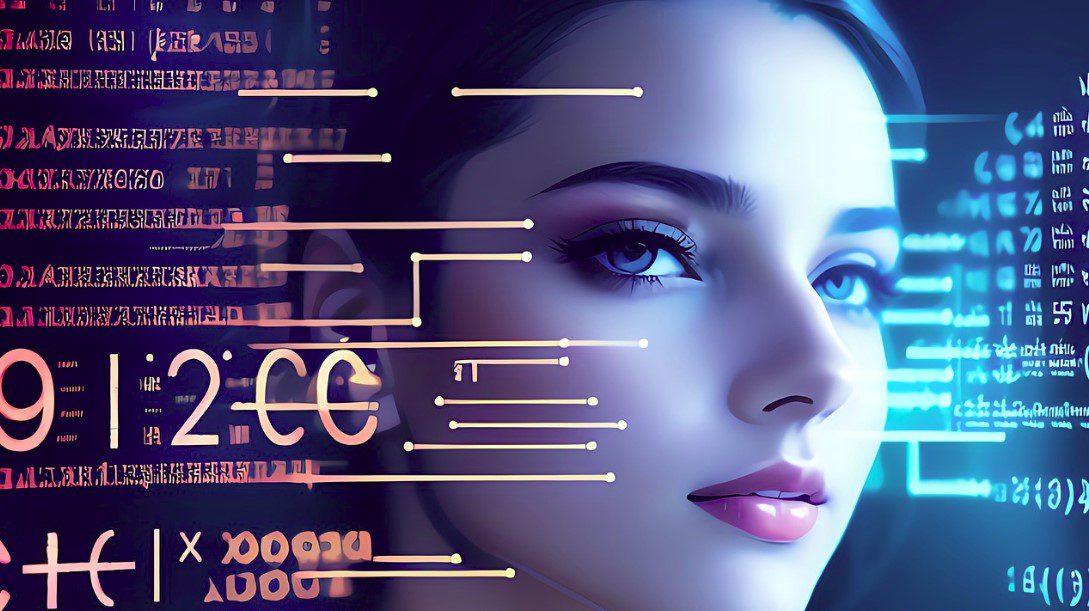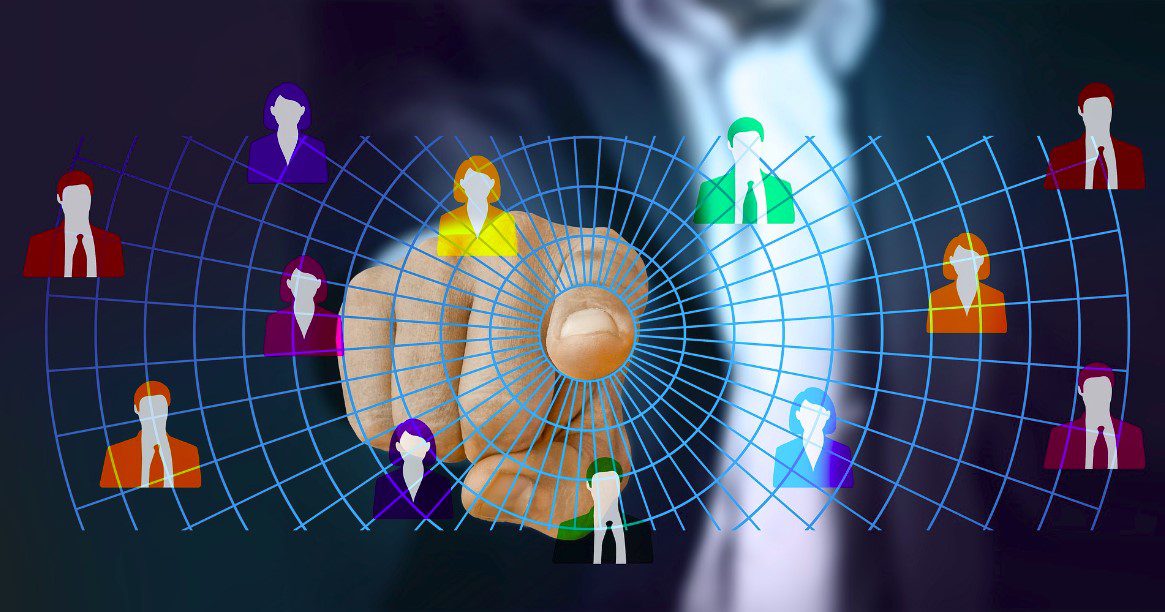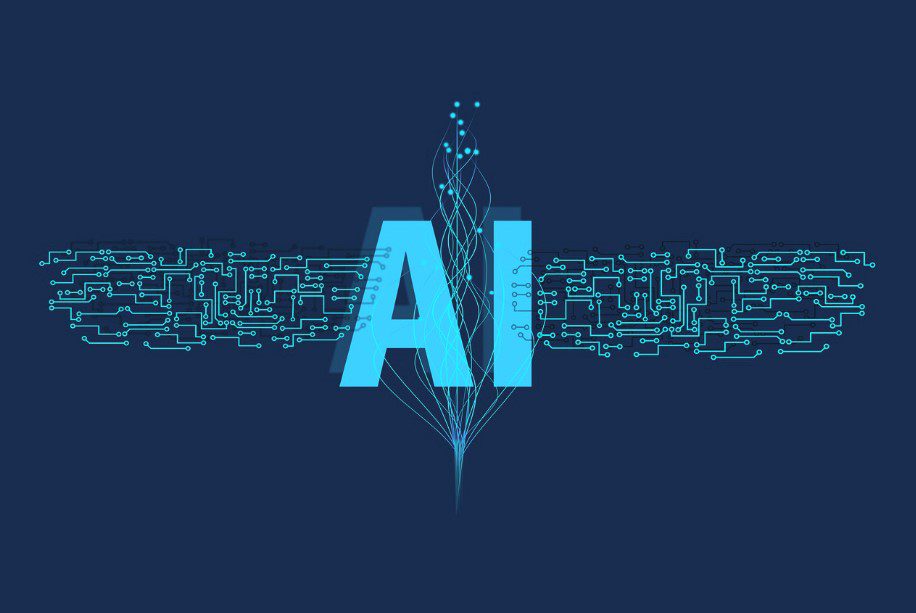Today, new tools and techniques are emerging to make parenting tasks easier and more effective. One of the most exciting and interesting parenting tools happens to be artificial intelligence (AI).
AI has the potential to revolutionize parenting in several ways, from helping children learn and grow, to providing safety monitoring and emotional support.
In this article, we will explore these roles and how they can benefit both parents and children.
What is Artificial Intelligence Anyway?
Artificial Intelligence (AI) refers to the ability of machines and computer programs to perform tasks that typically require human intelligence, such as learning, problem-solving, decision-making, and perception.
The technology uses algorithms, data, and machine learning techniques to analyze, understand, and respond to complex questions and situations. AI agents perform tasks that would normally require human intelligence.
AI is used in various fields and industries, such as healthcare, finance, transportation, and manufacturing, to automate and optimize processes, improve decision-making, and enhance efficiency and accuracy.
It is also used in consumer applications, such as virtual assistants, smart home devices, and personalization algorithms in social media and e-commerce platforms.
AI research has been highly successful in developing effective techniques for solving a wide range of problems, from game playing to medical diagnosis.
Types, Subsets and AI Examples:
Here are some examples of AI in everyday life:
- Self-driving cars: These cars use AI to navigate the road and avoid obstacles.
- Virtual assistants: These assistants, like Siri and Alexa, use AI to understand your requests and complete tasks for you.
- Medical diagnosis: AI is being used to develop systems that can help doctors diagnose diseases more accurately.
- Fraud detection: AI is being used to detect fraudulent activity, such as credit card fraud.
- Product recommendations: AI is being used to recommend products to you based on your past purchases and browsing history.
There are many different subsets of AI, each with its own focus. Some of the most important subsets include:
- Machine learning: This is a field of AI that deals with the development of algorithms that can learn from data.
- Natural language processing: This is a field of AI that deals with the ability of computers to understand and process human language.
- Computer vision: This is a field of AI that deals with the ability of computers to see and understand the world around them.
- Robotics: This is a field of AI that deals with the design, construction, and operation of robots.
There are also several types of AI, including:
- Reactive machines: These AI systems can only respond to a specific set of inputs and do not have the ability to learn or adapt.
- Limited memory: These AI systems can learn and make decisions based on past experiences and data, but have a limited capacity to store and process information.
- Theory of mind: These AI systems can understand and interpret human emotions, beliefs, and intentions, allowing them to interact with humans more effectively.
- Self-aware: These AI systems have a sense of self-awareness and can understand their own existence and limitations.
AI in Parenting and Learning

AI can play a significant role in parenting and learning, providing opportunities for personalized and adaptive experiences that cater to individual needs and preferences.
Here are some specific roles that AI can play:
AI-assisted Learning:
One of the most significant roles of AI in parenting today is in the area of education.
AI technology can provide personalized learning experiences for children, tailoring educational content to their individual needs, preferences, and learning styles.
AI will also bolster education, according to Bill Gates,
AI-driven software will finally deliver on the promise of revolutionizing the way people teach and learn. It will know your interests and your learning style so it can tailor content that will keep you engaged.
GatesNotes
Here are some ways AI is being used to enhance learning:
1. Adaptive learning
Adaptive learning platforms use AI algorithms to analyze a student’s performance and adjust the content and difficulty of the curriculum to match their individual needs.
AI-powered adaptive testing can assess a learner’s understanding of a subject by adapting the difficulty level of the questions based on their performance.
For example, if a learner answers a question correctly, the next question will be more challenging. If they answer incorrectly, the next question will be easier. This can provide a more accurate assessment of the learner’s understanding of the subject.
This approach allows children to learn at their own pace and style, leading to better learning outcomes.
Just as well, it can be used in
assessing a student’s understanding of a subject and giving advice on career planning.
Bill Gates
2. Interactive learning
AI-powered virtual assistants and chatbots can help children learn in a fun and interactive way. These tools can answer questions, provide explanations, and engage with children on various topics.
They can also help children develop critical thinking skills and improve their problem-solving abilities.
3. Natural Language Processing:
AI-powered natural language processing can analyze written or spoken responses from learners to open-ended questions, and determine the level of understanding they have of a subject.
This can provide a more nuanced assessment of the learner’s comprehension and provide insights on areas that need improvement.
4. Facial expressions and body language analysis:
AI-powered facial expressions and body language analysis can detect whether a learner is engaged, confused, or bored while learning. This can provide an indication of how well the learner is understanding the subject matter and identify areas where they may need more assistance or a change of pace.
Safety Monitoring:
Another critical role of AI in parenting is in the area of safety monitoring. AI-powered tools can help parents keep their children safe, both at home and outside.

Here are some ways AI is being used to enhance safety:
1. Home Security
AI-powered home security systems can monitor and alert parents about any suspicious activity, such as break-ins or fires. These systems can also detect unusual behavior and alert parents to potential safety risks, such as leaving the stove on or leaving the front door unlocked.
2. GPS Tracking
AI-powered GPS tracking devices can help parents keep track of their children’s location in real-time. These devices can be particularly useful for parents with young children who are prone to wandering off or for families on vacation in unfamiliar places.
Emotional Support:
AI can also provide emotional support to children and parents alike. It can be used to combat depression, anxiety and other emotional stresses. Here are some ways AI is being used to enhance emotional wellbeing:

1. Virtual companions
AI-powered virtual companions, such as chatbots and virtual pets, can provide children with a sense of companionship and emotional support. These tools can help children develop social and emotional skills, such as empathy and compassion.
2. Smart speakers
Smart speakers, such as Amazon’s Alexa and Google Assistant, can provide children with educational content, games, and stories. These devices can also help children develop their language and communication skills by encouraging them to ask questions and engage in conversations.
3. Emotional recognition
AI-powered emotional recognition tools can help parents identify and understand their child’s emotional state. These tools use facial recognition and voice analysis to detect changes in a child’s mood or behavior, which can be particularly useful for children with autism or other emotional disorders.
Other Roles of AI in Parenting:

Time management:
AI can help parents manage their time more efficiently. For example, some apps can generate grocery lists and suggest recipes based on what ingredients are available. This can help parents spend more quality time with their children and less time on household chores.
Smart home devices:
AI-powered smart home devices can provide parents with tools for managing their household, such as automated lighting, temperature control, and security systems. This can free up time and energy for parents to focus on their children’s needs.
Make Sure to Use AI Wisely:
- Design AI technologies with children in mind:
AI technologies should be designed with the specific needs and capabilities of children in mind. This includes considerations such as age-appropriate content, user interfaces that are easy for children to navigate, and appropriate levels of feedback and support.
2. Be transparent about data collection and use:
AI technologies should be transparent about how data is collected, stored, and used. This includes informing parents and children about what data is being collected and why, and providing clear information about how that data will be used.
3. Ensure privacy and security:
AI technologies should be designed with strong privacy and security measures in place to protect children’s data and identity. This includes adhering to established privacy regulations and industry best practices for data security.
4. Monitor and evaluate impact:
AI technologies should be regularly monitored and evaluated to assess their impact on children. This includes assessing whether the technology is improving learning outcomes, promoting positive behavior, and enhancing overall well-being.
5. Encourage human involvement:
AI technologies should be designed to support rather than replace human involvement in parenting and learning. This includes providing opportunities for human interaction, feedback, and guidance to complement the benefits of AI technologies.
Overall, it is important to approach AI technologies for children with a cautious and responsible approach, ensuring that they are designed and used in ways that support positive outcomes for children.
Q & A
Q: Is AI taking over parenting?
A: No, AI is not taking over parenting. Instead, it is becoming a useful tool for parents to enhance their child-rearing skills.
Q: Can AI replace human interaction with children?
A: No, AI cannot replace human interaction with children. Instead, it can be used to supplement and enhance human interaction, providing children with additional learning opportunities and emotional support.
Conclusion
AI is transforming parenting by providing new tools and techniques to help parents enhance their child-rearing skills. From AI-assisted learning to safety monitoring and emotional support, the roles of AI in parenting today are diverse and exciting.
While there are still concerns about the ethical implications of AI in parenting, the potential benefits for children and parents are too significant to ignore.
By embracing AI in a responsible and thoughtful manner, parents can leverage this technology to provide their children with the best possible start in life. As we continue to explore the potential of AI in parenting, we can look forward to a future where raising happy, healthy, and successful children is easier and more accessible than ever before.



Leave a Reply